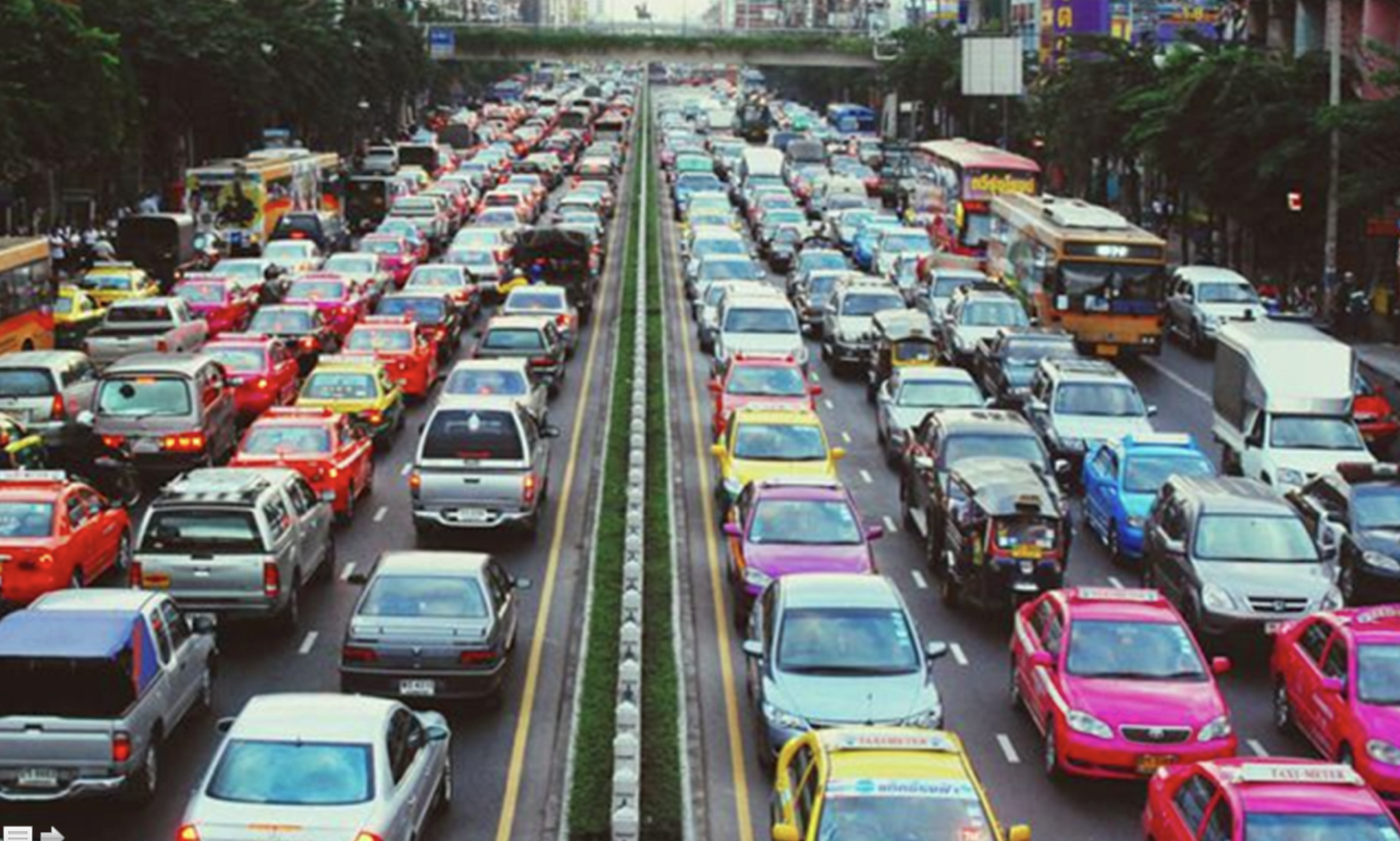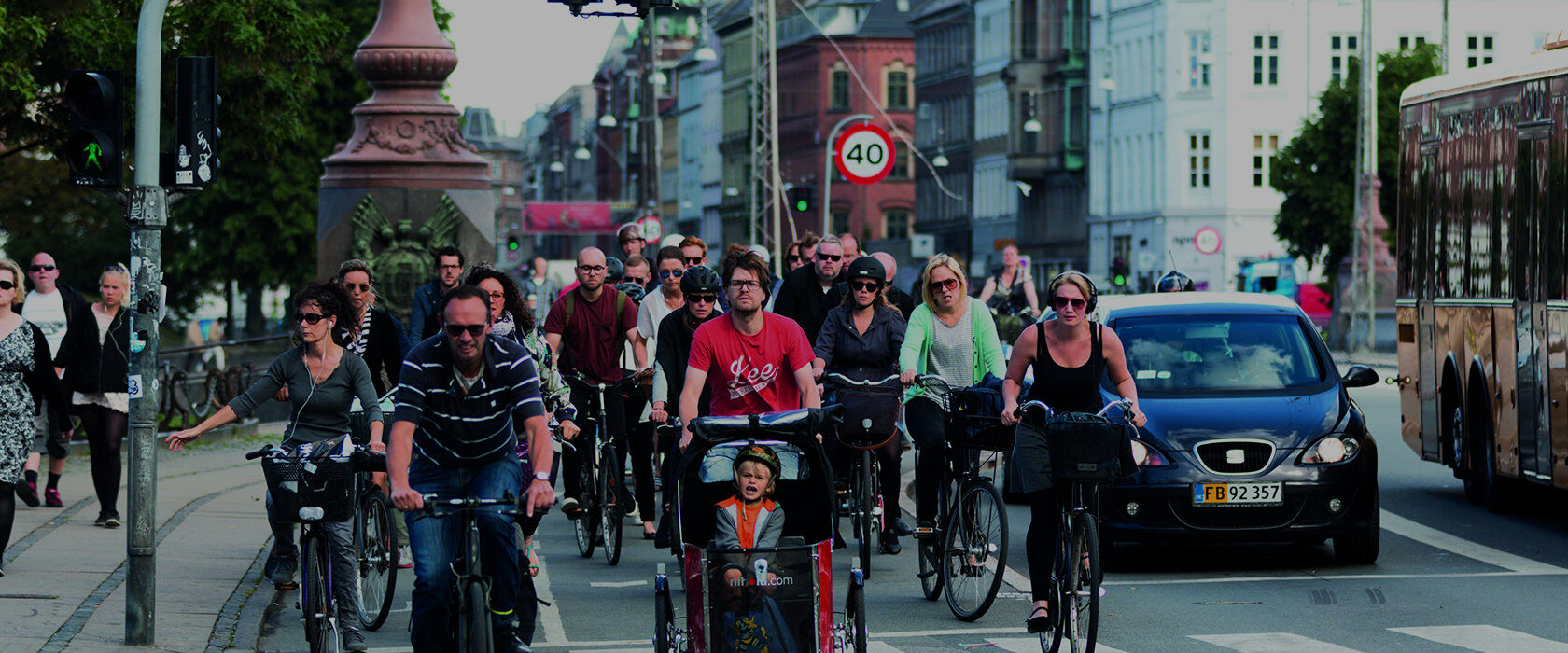The Future of Transportation: Autonomy and Interdependence
December 3, 02018, at the Cambridge Innovation Center
Featuring Robin Chase, co-founder and former CEO of Zipcar, co-founder of Veniam
Summary by Paul Hoxie and George Gantz for Long Now Boston
Introduction:
At the Long Now Boston Conversation on December 3, Robin Chase made it abundantly clear: Our society is “car blind”, and this affliction imperils our mobility, our streets, our cities and our planet. In San Francisco, we charge $110 for an illegally parked car on the street, and $500 for an illegally parked scooter on the sidewalk. New York City proposed a road access fee – $2.75 for any “vehicle for hire” and $0 for personal cars (most have one occupant). We gladly make “investments” in highway and bridge infrastructure and complain about “subsidies” for mass transit. We talk about pollution from fossil fueled power plants, even as the transportation sector generates the largest share of greenhouse gas emissions. Fortunately, a confluence of high-tech innovations now offer radical solutions. A technology-enabled shift to shared rides, integrated multimodal options, redesigned streets and rational pricing can bring about a positive transportation future — if we have the vision to execute it.

The Curse of the Personal Automobile
The personal automobile is the dominant mode of transportation today, largely as the result of implicit and explicit public incentives. Yet this dominant transportation mode, particularly in dense urban areas, makes travel slow and frustrating, contributes to urban and global pollution, and reinforces inequity among residents based on income.
In the US, transportation contributes 30% of CO2 emissions. In cities, transportation accounts for 60% of CO2 emissions, 80% of which is from personal cars. For the health of the planet, and its inhabitants, the model of how we travel needs to change. According to the recently released IPCC report, by 2020 emissions of CO2 need to peak, and then begin decreasing to net zero by 2050, in order to stay under the maximum target of 1.5 degree C temperature rise. This is the level necessary to protect the planet from extreme climate change.
In addition, space on urban highways and neighborhood roads is dominated by cars, typically with one occupant. The gridlock that results is a common frustration and an anxiety-inducing experience. Parking lots and garages occupy a significant share of valuable urban real estate. And, given our car blindness, we accept double-parked cars blocking bike lanes, and buses carrying 60 people being delayed by cars with one passenger each.
Tech-tonic shifts
Technology offers real opportunities to make the necessary changes in our transportation systems. GPS, Internet, Wireless, Smartphones, automated payment systems, open data and electric batteries offer advances that, if properly deployed, will transform transportation. They make car sharing, and ride sharing possible today. They reduce emissions with electric battery storage technology. They enable interconnected and autonomous self-driving vehicles (AV). Major cities will begin to see AV in 2020.
Envision a world where there is a fleet of AV electric cars that can be hailed by your phone and routed to pick up other passengers going to the same destination. Parking problems would vanish, CO2 emissions would drop, and the number of car miles per person would plummet, radically reducing congestion. In addition, your cost, depending only on usage, would be significantly lower and the overhead costs and hassles of car ownership would disappear.
Contrast that positive vision against the negative one: hordes of privately owned self-driving cars transporting single passengers on long commutes, much like we have today. It will be cheaper to send your car home, or have it circle the block, rather than pay for parking. Half the cars on the road could be zombies – with increased congestion, emissions and costs.
Practical Progress
There are AV pilots being conducted now in Phoenix and Singapore, and within 2-5 years AV technology could be perfected. But there remain serious distortions in the market that favor private cars, particularly in the US. There are no serious efforts to charge for pollution or congestion, curb access is largely unregulated and user fees to balance the playing field are non-existent. All of these rational measures are deemed “politically unacceptable”, as is raising the taxes necessary to fund critical infrastructure upgrades. As a consequence, the US now has a 2nd or 3rd world level of transportation quality.
While pilot applications of shared electric AVs can prove the concept, without agreed on principles, the transformation may never get off the ground. Fortunately, a broad range of cities, travel providers and planners has endorsed a set of Shared Mobility Principles for Livable Cities.

The vehicle sharing idea is also being tested with bike sharing, and e-scooter sharing in some locations. A pilot in Charlotte, NC produced stunning results. In the month of September 2018, e-scooters were used on 119,318 trips and covered 141,667 miles; bike sharing over the same time had 13,509 trips for 10,841 miles. A similarly successful pilot in Portland OR for e-scooters reinforces its attractiveness: 75k users and 400k trips over the 120-day pilot. With 42% of our car trips less than 3 miles, e-scooters are a very attractive option, particularly in urban areas, where they can integrate seamlessly with Mass Transit. This can make a huge dent in urban car traffic and congestion with even a modest market share.
Closing
Beyond private cars and cars for hire, AV technology also has significant market opportunities in both long haul trucking and commercial delivery. The upsides are obvious, but so are some of the downsides, including the displacement of millions of blue-collar jobs. Another looming problem is the impact of online retailing and delivery. Does it make any sense to eliminate local retail shopping from our cities and replace it with a system where all retail product orders are delivered one-at-a-time to consumer premises from huge fleets of rolling boxes? The disappearance of retail would impoverish our cities, and the growth of Retail Autonomous Trips (RATs) would vastly increase congestion and competition for curb access. Do we really want more RATS in our cities?
The evolution of our future transportation system may lead to transportation heaven or transportation hell. The choices we make today will determine the outcome.

____________________
Robin Chase is a leading transportation entrepreneur. The co-founder and former CEO of Zipcar, she also founded Buzzcar, a peer-to-peer car sharing service, and GoLoco, a ride-sharing company, and is co-founder of Veniam, a vehicle network communications company. In 2015, she authored, Peers Inc.: How People and Platforms are Inventing the Collaborative Economy and Reinventing Capitalism (2015). Robin is a graduate of Wellesley College (B.A.), and the MIT Sloan School of Management (M.B.A.), and won a Loeb Fellowship at the Harvard Graduate School of Design. She is a popular speaker and presenter, and serves as a Board member for the World Resources Institute.
_____________________
Long Now Boston is a 501(c)(3) non-profit organization that is independent from but philosophically aligned with the Long Now Foundation. Long Now Boston provides a forum for discussing, investigating and engaging in issues that have long-term implications for our global cultures. Long Now Boston hosts a monthly Community Conversation series in Cambridge, MA. Please sign up to the Long Now Boston Meetup Group for notices. Cambridge Innovation Center is an in-kind sponsor of this Long Now Boston conversation. We are very grateful for their support.
Our next event, Reimagining The Microbial World, with Roberto Kolter and Scott Chimileski, will be held at CIC on Monday February 4, 2019. Tickets are available on Eventbrite.
















